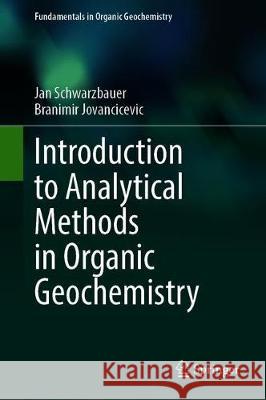Introduction to Analytical Methods in Organic Geochemistry » książka
topmenu
Introduction to Analytical Methods in Organic Geochemistry
ISBN-13: 9783030385910 / Angielski / Twarda / 2020 / 145 str.
Introduction to Analytical Methods in Organic Geochemistry
ISBN-13: 9783030385910 / Angielski / Twarda / 2020 / 145 str.
cena 563,56
(netto: 536,72 VAT: 5%)
Najniższa cena z 30 dni: 501,19
(netto: 536,72 VAT: 5%)
Najniższa cena z 30 dni: 501,19
Termin realizacji zamówienia:
ok. 16-18 dni roboczych.
ok. 16-18 dni roboczych.
Darmowa dostawa!
Kategorie:
Kategorie BISAC:
Wydawca:
Springer
Seria wydawnicza:
Język:
Angielski
ISBN-13:
9783030385910
Rok wydania:
2020
Wydanie:
2020
Numer serii:
000770970
Ilość stron:
145
Waga:
0.40 kg
Wymiary:
23.39 x 15.6 x 1.12
Oprawa:
Twarda
Wolumenów:
01
Dodatkowe informacje:
Wydanie ilustrowane











